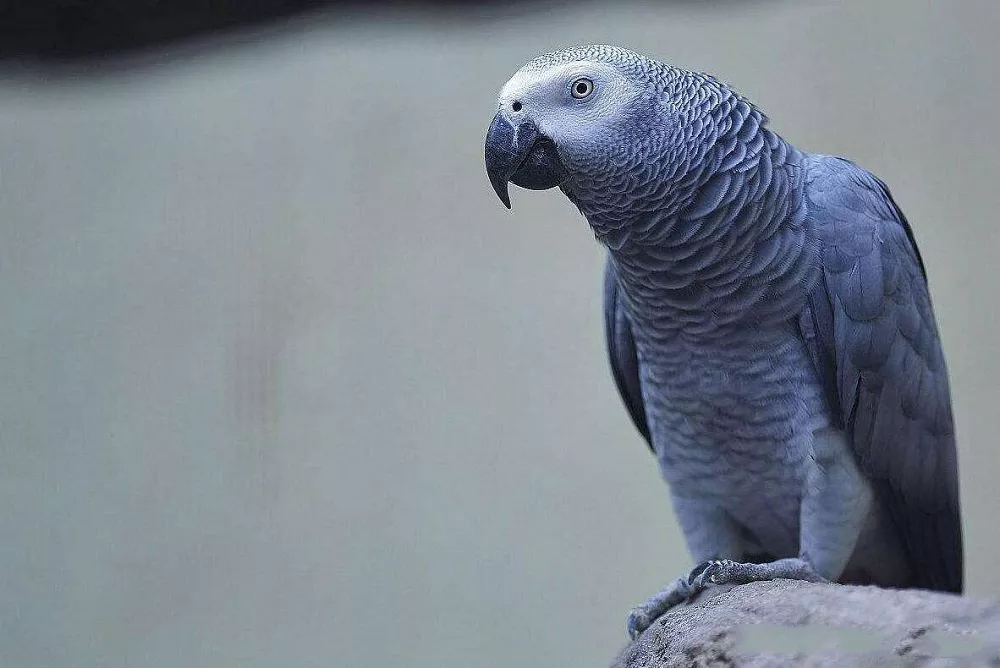African grey parrots are one of the most popular pet birds in the world. Known for their high level of intelligence and ability to mimic human speech, these birds have become a favorite among bird lovers. However, one issue that many African grey parrot owners face is biting. These birds have a tendency to bite their owners, which can be painful and frustrating. So, why do African grey parrots bite?
- Fear or anxiety
African grey parrots are sensitive birds, and they can easily become frightened or anxious. If they feel threatened, they may lash out and bite as a means of self-defense. This can happen if they are introduced to a new environment or if they are handled in a way that makes them feel uncomfortable.
- Lack of socialization
African grey parrots are social birds, and they require regular interaction with their owners to stay happy and healthy. If they are not properly socialized, they may become aggressive or territorial. This can lead to biting and other behavioral issues.
- Lack of training
Training is essential for any pet bird, and African grey parrots are no exception. If they are not trained properly, they may not understand what behavior is acceptable and what is not. This can lead to biting and other unwanted behaviors.
- Hormonal changes
Like many animals, African grey parrots go through hormonal changes. During breeding season, they may become more aggressive and territorial. This can lead to biting, especially if they feel that their nest or mate is threatened.
- Health issues
In some cases, biting may be a sign of an underlying health issue. African grey parrots may bite if they are in pain or discomfort. If your bird is biting frequently, it is important to have them examined by a veterinarian to rule out any medical issues.
So, what can you do to prevent biting in African grey parrots? First and foremost, it is important to properly socialize and train your bird. This will help them understand what behavior is acceptable and what is not. Additionally, you should provide your bird with plenty of mental and physical stimulation to prevent boredom and anxiety. Finally, if your bird is exhibiting aggressive or biting behavior, it is important to seek professional help from a bird behaviorist or veterinarian.
In conclusion, African grey parrots may bite for a variety of reasons, including fear, lack of socialization or training, hormonal changes, and health issues. By understanding the underlying causes of biting, you can take steps to prevent this behavior and create a happy and healthy relationship with your bird.


 Facebook
Facebook  Instagram
Instagram  Youtube
Youtube 